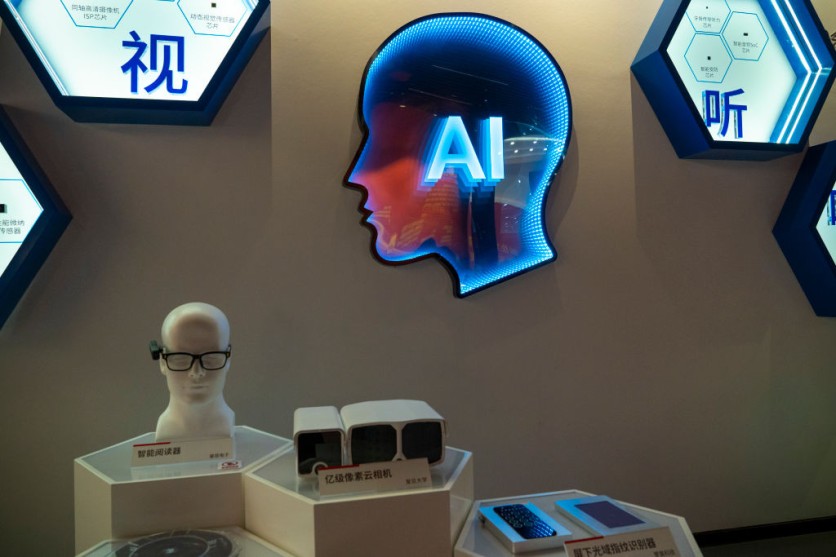Global policymakers have recognized the need to regulate and govern artificial intelligence (AI) effectively. However, they need a reliable and independent source that can offer guidance on the risks and opportunities associated with AI, fostering trust and accountability in its development and use.

Experts Proposing an International Panel on AI Safety
Inspired by the renowned global body providing policymakers with authoritative scientific assessments of climate change called the Intergovernmental Panel on Climate Change (IPCC), two AI experts, Mustafa Suleyman and Eric Schmidt, have proposed the establishment of an International Panel on AI Safety (IPAIS).
Schmidt is a former Google chief executive, while Suleyman is a co-founder of Inflection and DeepMind. Interesting Engineering reported that this visionary concept aims to offer policymakers regular assessments of AI's scientific foundations, its present and future impacts, potential risks, and strategies for mitigation and adaptation.
The IPCC has set a precedent for providing policymakers with clear, authoritative scientific evaluations that guide decision-making on pressing global issues.
Suleyman, Schmidt, and a distinguished group of co-authors have expressed this proposal in an opinion piece. Their argument revolves around the necessity to create a similar entity for AI, offering policymakers the knowledge and guidance required to make informed decisions about AI's role in society.
The IPAIS could act as a pivotal source of information and scientific consensus in the evolving landscape of artificial intelligence. According to this proposal, IPAIS will not embark on its own research initiatives.
Instead, its primary function will involve the collection and comprehensive analysis of existing research and assessments from a diverse array of sources. These sources encompass academic institutions, industry associations, civil society organizations, and government bodies, among others.
It will track AI's current status, its progression, and its directions, with a keen focus on its advantages and challenges. Moreover, the panel will be instrumental in establishing standardized reporting and disclosure protocols for AI systems.
Addressing Crucial Questions
This aims to address crucial questions, including the categorization of different AI models, their respective strengths and weaknesses, technical specifications, ethical considerations, societal and economic implications, legal and regulatory concerns, utilization patterns, and the pace of their evolution, as what stated on UN's press release.
The IPAIS will further develop best practices and principles for the safe development and deployment of AI. The unique strength of the IPAIS lies in its commitment to avoiding potential conflicts of interest that often arise from a more interventionist role.
The panel can maintain impartiality and independence by abstaining from direct research and policy formulation. Operating with a laser-focused objective of fostering in-depth technical comprehension of AI's current capabilities and future trajectories, the IPAIS is designed to be cost-effective, globally inclusive, and untethered to any specific national or corporate interest.
The Financial Times reported that the authors emphasize that the bedrock of effective and rational AI regulation and safety hinges on trust, knowledge, expertise, and impartiality. However, these elements are currently in need of enhancement and refinement.
They contend that creating an independent scientific consensus is pivotal in delineating the existing AI capabilities and forecasting the future to ensure AI's safety. It is a concept that has now ripened for action.
Related Article : Southeast Asia Reportedly Eyeing 'Softer' AI Regulation Than the EU





